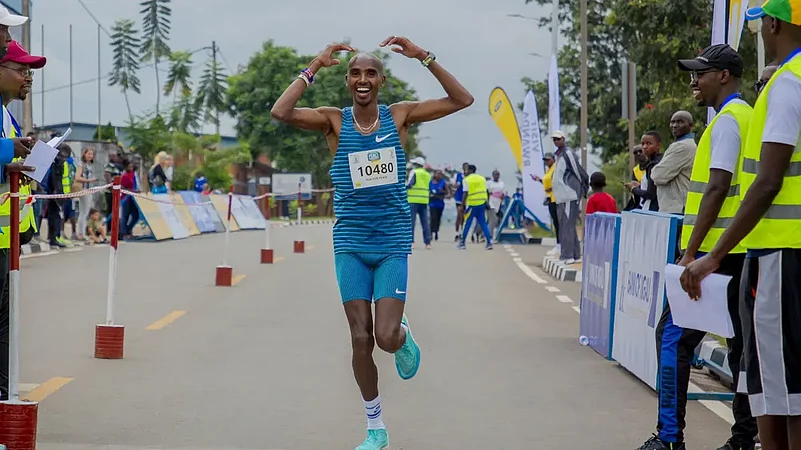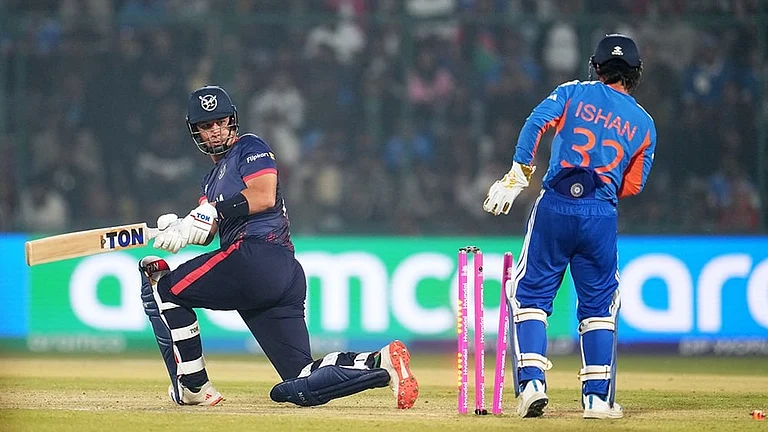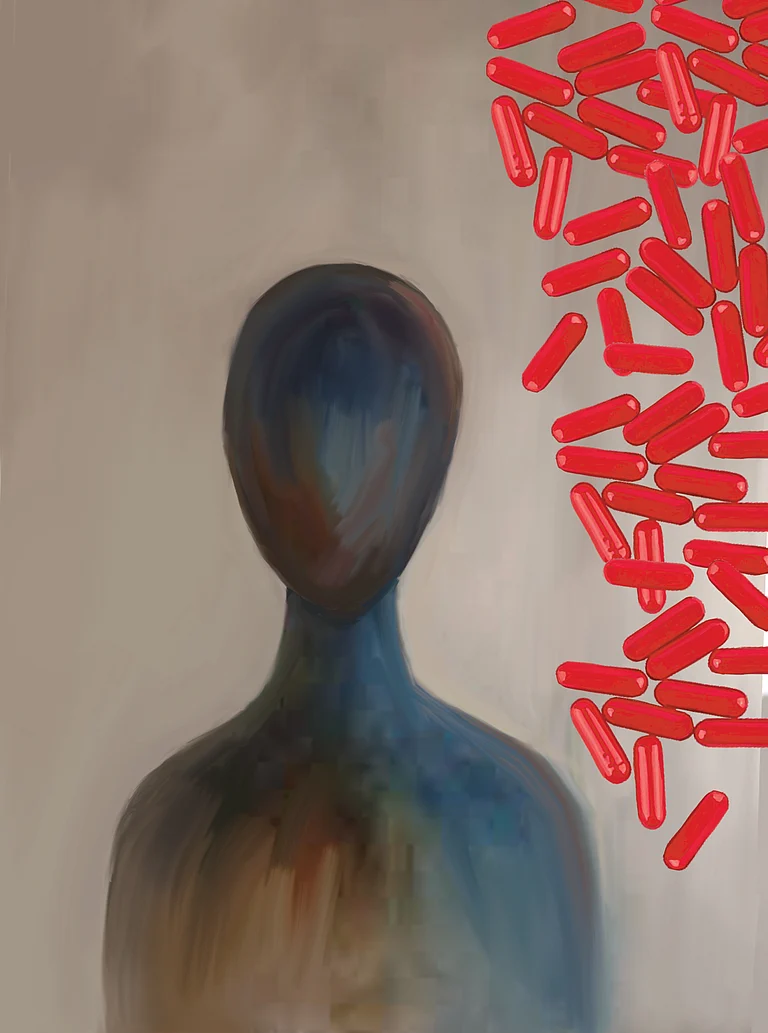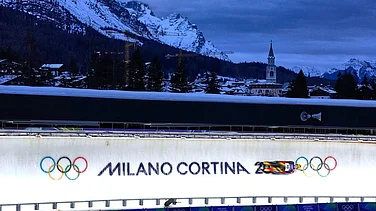Four-time Olympic champion Mo Farah said he was illegally brought to the United Kingdom as a young boy and forced to care for other children before he escaped a life of servitude through running. (More Sports News)
In a new documentary, Farah said his real name is Hussein Abdi Kahin and that he was taken from the East African nation of Djibouti. The film that tells the story of his being trafficked, was produced by the BBC and Red Bull Studios, and the BBC is scheduled to broadcast it Wednesday.
The athlete says he was 8 or 9 years old when a woman he didn't know brought him to Britain using fake travel documents that included his picture alongside the name Mohammed Farah, the BBC reported.
The woman took him to an apartment in west London where he was forced to care for her children, Farah said. He wasn't allowed to go to school until he was 12. “I wasn't treated as part of the family…,” Farah says in the documentary.
“If I wanted food in my mouth, my job was to look after those kids — shower them, cook for them, clean for them.” Farah, who represented Britain at three Olympic Games, won gold medals in the 5,000- and 10,000-metre runs at both the 2012 London Olympics and the 2016 Games in Rio de Janeiro.
He previously said he had moved to Britain with his parents as a refugee from Somalia. But in the documentary, he says his parents never were in the UK. His father was killed by stray gunfire during unrest in Somalia when Farah was 4 years old, according to the film.
His mother and two brothers live on the family farm in Somaliland, a breakaway region of Somalia that is not internationally recognized. Farah says his fortunes changed when he was finally allowed to attend school.
A teacher who was interviewed for the documentary recalled a 12-year-old boy who appeared "unkempt and uncared for," was “emotionally and culturally alienated” and spoke little English. But he began to blossom on the track and eventually told his story to a physical education instructor.
The teacher contacted local officials, who arranged for a Somali family to take him in as a foster child. “I still missed my real family, but from that moment everything got better,” Farah said. “I felt like a lot of stuff was lifted off my shoulders, and I felt like me.”
Farah said he had feared he would be deported if he spoke about his childhood experiences. He decided to tell his story to publicize and challenge people's perceptions of human trafficking, he said.
“I had no idea there was so many people who are going through exactly the same thing that I did,” he said. “It just shows how lucky I was.” Farah was granted UK citizenship in 2000 and represented Britain at the 2008, 2012 and 2016 Olympics. He was knighted by Queen Elizabeth II in 2017.
An immigration lawyer told the program that there was little risk of the government revoking Farah's citizenship because he was trafficked as a child. The UK's Home Office did not immediately respond to comment from The Associated Press.
Home Office guidance makes clear that the agency assumes a child is not complicit in gaining citizenship by deception, stating: "If the person was a child at the time the fraud, false representation or concealment of material fact was perpetrated, the caseworker should assume that they were not complicit in any deception by their parent or guardian."
If Farah thought the country would turn against him after his revelations, he would be mistaken. Politicians, sports figures and celebrities rushed to offer their support. Usain Bolt, an eight-time Olympic champion sprinter from Jamaica, posted three emojis of folded hands - sometimes referred to as "prayer hands" - on Farah's Instagram page.
Andrew Butchart, Farah's teammate in 2016 and who finished sixth in the 5,000 meters in Rio, posted “Much love” and "very proud" along with a heart emoji. London Mayor Sadiq Khan praised Farah's courage in coming forward.
“Everything Sir Mo has survived proves he's not only one of our greatest Olympians but a truly great Briton,” Khan said on Twitter. “@Mo Farah thank you for sharing your story & shining a spotlight on these awful crimes. We must build a future where these tragic events are never repeated." AP





















